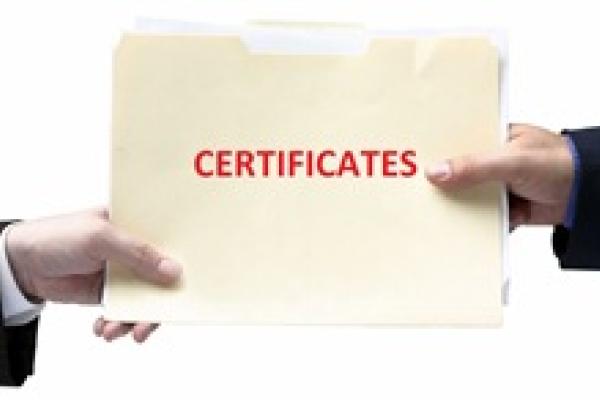
Francis Vrettos
Published: September 01, 2011

The recently reported High Court case of Polestar Maritime Ltd v (1) YHM Shipping Co LTD (2) Ningyuan Shipping Co Ltd (2011) addressed the scope of certification requirements under the Norwegian Saleform 1993 (“NSF”). In particular, it considered whether the absence of a certificate that was not required when the vessel was inspected and the Memorandum of Agreement (“MoA”) signed, but at the time of delivery was required if the vessel was to trade internationally, meant the buyers could refuse to take delivery.
Both parties were aware that the vessel needed to comply with Annex IV of MARPOL and that an International Sewage Pollution Prevention (“ISPP”) Certificate was required by 27 September 2008. However, while the sellers had applied for dispensation from Annex IV, that dispensation had not been granted when the sellers gave Notice of Readiness for delivery under the MoA. Further between the date of signing the MoA and delivery the value of the vessel had halved.
The arbitrator agreed that the buyers were entitled to cancel the MoA because under the MoA the vessel had to be delivered with international trading certificates and these included an ISPP certificate, whether or not there was such a requirement when the vessel was inspected.
The sellers appealed to the High Court and Field J was asked to consider the operation and scope of clause 11 in the MoA. The clause reads as follows:
“…
11. Condition on delivery
The Vessel with everything belonging to her shall be at the Sellers' risk and expense until she is delivered to the Buyers, but subject to the terms and conditions of this Agreement she shall be delivered and taken over as she was at the time of inspection, fair wear and tear excepted.
However, the Vessel shall be delivered with her class maintained without condition/recommendation, free of average damage affecting the Vessel's class, and with her classification certificates and national certificates, as well as all other certificates the Vessel had at the time of inspection, valid and unextended without condition/recommendation by Class or the relevant authorities at the time of delivery.
"Inspection" in this Clause 11, shall mean the Buyers' inspection according to Clause 4 a) or 4 b), if applicable, or the Buyers' inspection prior to the signing of this Agreement. If the Vessel is taken over without inspection, the date of this Agreement shall be the relevant date.
...”
Reversing the arbitrators' award, the High Court ruled in favour of the sellers and opted for a strict reading of the clause, thereby limiting its scope to certificates existing onboard at the time of inspection. Any other interpretation, it was said, would create considerable uncertainty as to what certification requirements the sellers would be expected to abide by. This analysis was given primarily on the premise that one would be unable to take into account what requirement may stem from the numerous, unidentified at the time, authorities at each and every state the vessel might choose to trade in.
Sellers contracting under the Norwegian Saleform 1993 are clearly to benefit from this decision in the present regulatory climate where new certification requirements come into being each year at national and international levels. The decision should be contrasted with the decision in Golden Fleece Maritime Inc & Anor v ST Shipping & Transport Inc “Elli”/”Frixos” [2008] 2 Lloyd's Rep. 119 (CA), where owners were held to be in breach of warranty under a Shelltime 4 charterparty when the vessel was affected by changes in MARPOL requirements mid-charter.
March 2012 - Update
A review of the Court of Appeal decision in this case can be seen in a new website article: NSF - What Certificates on Delivery? - Further Appeal


